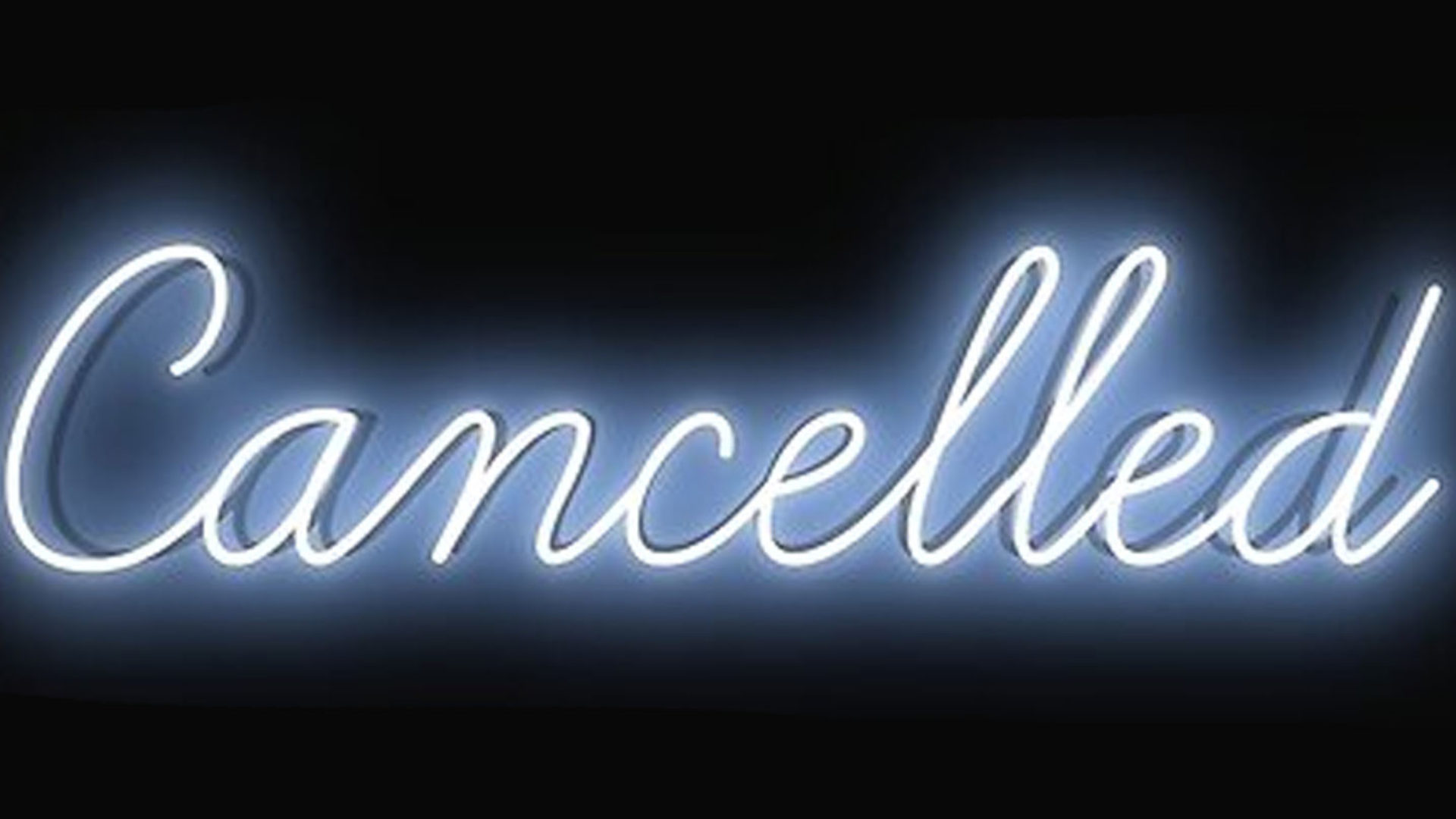
“Cancel culture” is a joke of an expression. It’s rarely used positively and mocks calls for the shift of social expectations.
On July 7, 2020 Harper’s Magazine shared an open letter on “justice and open debate.” The passage doesn’t use the words “cancel culture,” but it employs lofty methods of lamenting those heavily criticized and shut out of opportunities due to their inability to consider others. The problem with the letter is that it lacks understanding of the general public’s updated standards of personal responsibility. It is devoid of true depth, and “analysis of both sides,” which is what upholders of cancel culture are believed to be be ignoring.
“While we have come to expect this on the radical right, censoriousness is also spreading more widely in our culture,” the letter reads. The writer then stated their disdain for “an intolerance of opposing views, a vogue for public shaming and ostracism, and the tendency to dissolve complex policy issues in a blinding moral certainty.”
“Tolerance” is an idea that is regularly used against those at the receiving end of vitriol. They are vilified for their refusal to view “both sides,” when one side is more than obviously harmful. An opinion, or longstanding ideology, that is oppressive, regressive or attempts to say that someone’s existence is illegitimate or wrong, is not one that deserves an ear. Why accept abuse under the guise of being capable of participating in a debate?
Those who wax poetic about the pitfalls of accountability tend to misunderstand the gravity of their behavior or beliefs. Author J.K. Rowling, who signed Harper’s Magazine’s letter, thinks that her right to be transphobic is being taken away from her by cancel culture. Though Rowling wrote a lengthy blog post that included statements on standing in solidarity with trans women who experience abuse or are murdered, it is clear that her beliefs are not truly aligned with her words, as evidenced by the following: “But endlessly unpleasant as its constant targeting of me has been, I refuse to bow down to a movement that I believe is doing demonstrable harm in seeking to erode ‘woman’ as a political and biological class and offering cover to predators like few before it.”
To Rowling, her ideas are simply that—ideas. But to those who give the lives of others thought and don’t seek to harm people with their aversion to empathy, her ideas give voice to hate. They also serve as defense in conversations about the acceptability of transphobia. But somehow, the discussion has boiled down to a rather flat one about cancel culture.
At the heart of it, what’s referred to as cancel culture is publicized answerability. The concept is a target because people long for the days when they could be loud and wrong without consequence. Since certain people, especially those who are hateful and wealthy, disagree with the practice, they turn it into a joke, liken it to Trump’s incessant digital censorship and seek to poke holes in it with fancy language. Due to this contempt, these exchanges turn into safety nets for dishonorable people.
I assume it’s referred to as a “culture” because it’s now the norm for people to expect more of celebrities. There was once a time when the rich and famous could thrive in the midst of accusations that they are racists. But those days are over, thanks to radical folks on the internet who decided that they expected more from people with platforms. The veil between the consumer and the talent is fading, and many are grateful.
We are establishing the boundaries of our new world—one that is inclusive and not intentionally harmful. A part this creative process is making it known which beliefs are still acceptable and which ones are cruel and out of touch. When we have talks about sensible borders, they should be ones that are nuanced, and not in defense of “seeing both sides” of dangerous thinking.